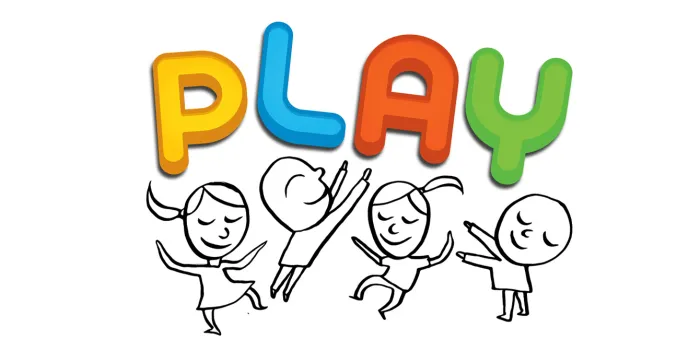When your child gets invited on playdates, they may be elated; you might feel nervous. Any parent may worry about another adult being in charge for a few hours. Parents of children with bleeding disorders have additional concerns, not knowing how someone else will handle a medical problem should it occur.
“With a bleeding disorder, your first instinct is to do everything you can to keep your child safe,” says Lucy Ramirez, MSW, LCSW, a clinical social worker at Rush Hemophilia and Thrombophilia Center in Chicago, but playdates are an important part of childhood. “These activities foster self-esteem and confidence through fun experiences that help create emotional bonds,” Ramirez says.
Use these strategies to encourage successful get-togethers:
Talk honestly with parents
Tell them about your child’s bleeding disorder, letting them know that it’s controlled with medication and by avoiding high-risk activities.
“Sometimes when people hear ‘bleeding disorder,’ they’re overwhelmed,” says Kathaleen Schnur, MSW, LCSW, a social worker at the Hemophilia Center of Western Pennsylvania in Pittsburgh. “People with bleeding disorders don’t bleed any faster, they just bleed longer. Sometimes that normalizes it for people.”
Give parents concrete examples of acceptable playdate activities. “Maybe your child can climb on things but only to a certain height, or they can shoot hoops, but you don’t want them using the monkey bars,” Ramirez says.
For initial get-togethers, ask parents to stay, so you get to know each other. For drop-off playdates, leave your phone number, telling parents to call or text with any concerns.
Prepare your child
Let your child know that they can ask the other parent for help or have them call you if there’s a problem.
“Many kids know when a joint bleed is coming on, and if they start feeling that tingling or warm sensation, they should tell the parent that they need to call their mom or dad,” Ramirez says.
What parents say — and don’t say — can make a big difference in how children handle their condition. Be sure to talk with your child beforehand.
Plan accordingly
What you send with your child depends on the playdate’s length, the distance from home, and the severity of your child’s condition. Many parents send a first-aid kit, a nosebleed kit, or factor in a cooler.
“I had a binder with easy, step-by-step directions, should anything happen and I wasn’t able to get there,” says Lauren Holomalia of Wai’anae, Hawaii, whose 13-year-old son Mason has severe hemophilia A. “Now that my son is older, he can self-infuse.”
Encourage playdates early and often. “Consider what keeps your kid safe and gives you comfort,” Schnur says, “but allow them the opportunity to socialize, listen to other grown-ups, and sort things out with their peers.”
Read NBDF’s helpful guide for parents of children with a bleeding disorder on how to find childcare.

